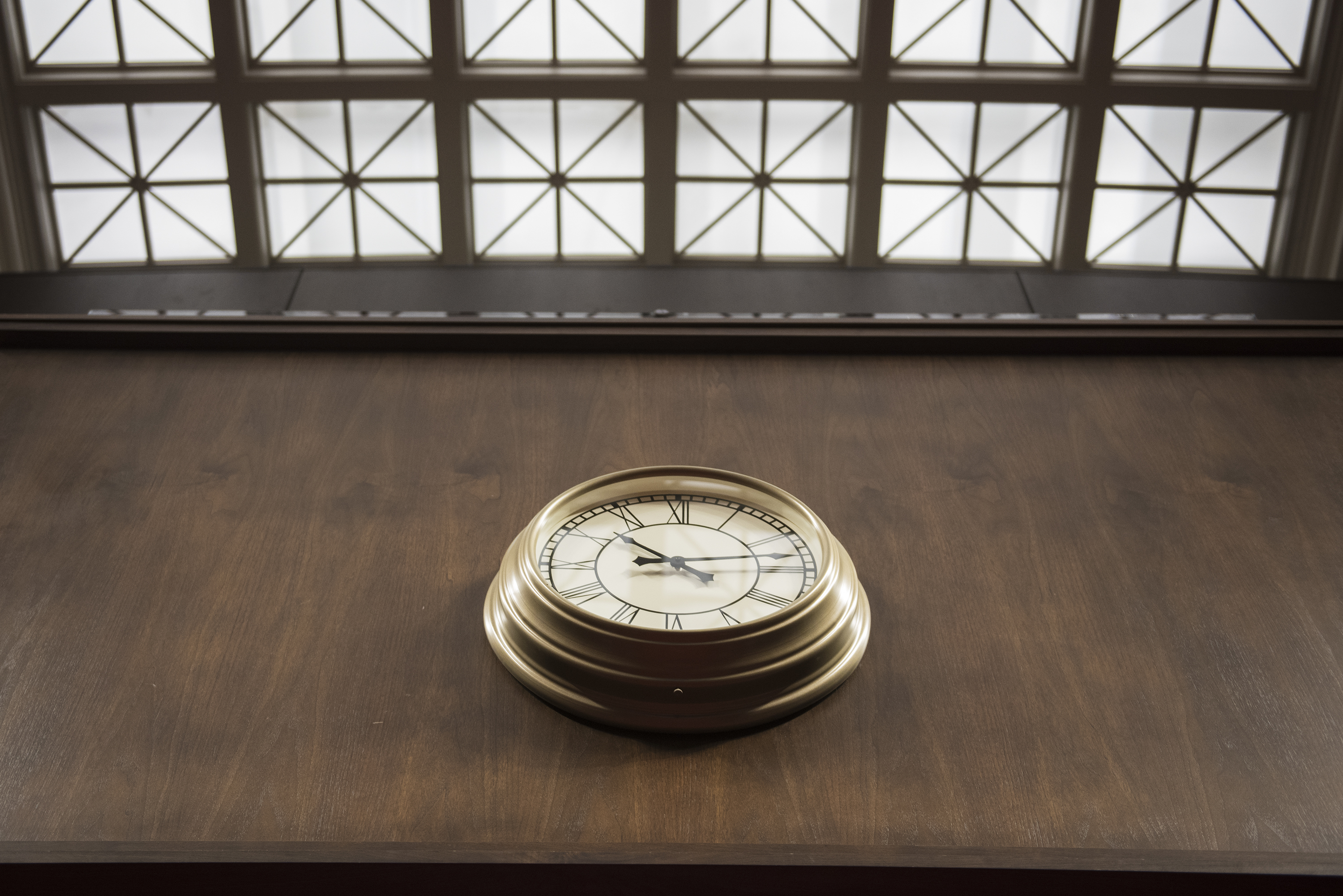‘Not seeing the clock’ and other quirky Senate traditions

On a cool spring evening in Ottawa, Canada’s senators were passionately debating Bill C-45, which would legalize and regulate the distribution of cannabis.
It was one of the many important public policy proposals senators consider every year.
But before calling the vote on the bill’s second reading, Speaker of the Senate George J. Furey asked, “Honourable senators, is it agreed that we not see the clock?”
When the Speaker asks if senators agree “not to see the clock,” he is really asking whether they are willing not to take the normal evening break before finishing that day’s business.
A Senate rule requires the Senate or a Committee of the Whole to suspend its sitting at 7 p.m. and resume at 8 p.m.
But if the day’s business has not been completed by 7 p.m., the Speaker will ask if they agree not to see the clock. If senators unanimously agree, debate continues. But if just one senator refuses, the Speaker must leave his chair and the sitting is suspended until 8 p.m.
It’s one of the traditions that govern how the Senate does business. Some are reflected in the Rules, while others are informal.
For example, during a sitting in the Chamber, senators are allowed to address each other directly. It’s a sharp contrast with the House of Commons where MPs are required to make statements or ask questions through the Speaker. That’s why MPs often pepper their speeches with the phrase “Mr. Speaker…” — a reminder that, even though their comment might be intended for another member, it is formally being made to the Speaker.
Speaking of the House of Commons, senators traditionally do not refer to the institution by its name — at least inside their own chamber — opting instead to refer to Parliament’s lower house as the “other place.”
When senators refer to a bill being debated in the House of Commons, for instance, they will often describe it as “having been brought before the other place.” They may also refer to MPs as “members of the other place.”
The origin of that tradition seems to be rooted in the need to moderate the sometimes tense relationships between the two houses, helping to prevent disrespectful reflections on the other institution.
The tradition goes both ways; members in the Commons often describe the Senate as “the other place.” Similarly, senators and MPs will tend to refer to their own house as “this place.”
Any institution as steeped in tradition as the Senate is bound to have its own quirky customs. But after more than 150 years, they have become a regular and cherished part of doing business.


